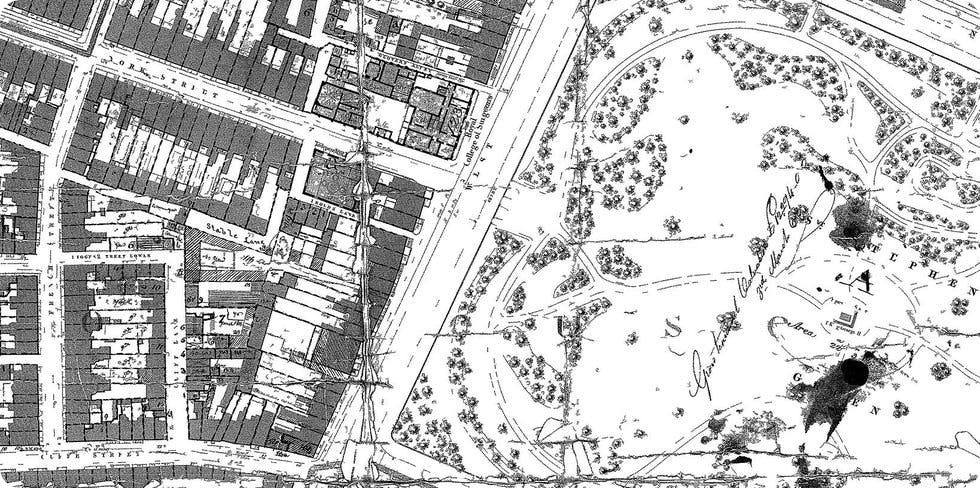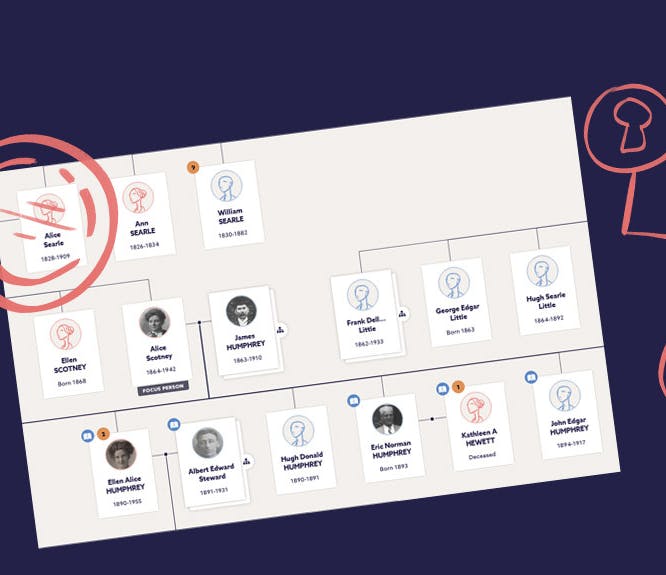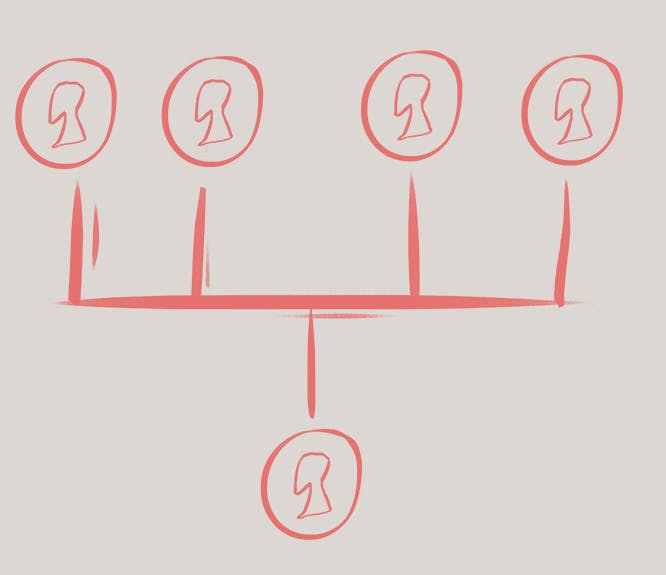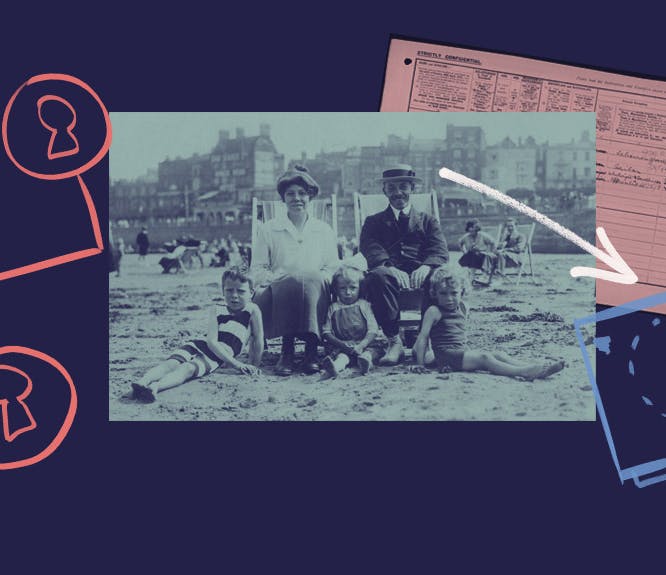8 Ways to Uncover the History of your House
2-3 minute read
By The Findmypast Team | January 15, 2018

Tracing your house history through time can reveal the fascinating untold stories of those who lived there before you
If you live in a house of a certain age, the chances are you're not the first inhabitant. So, who came before you? Has the house always been in your family?
If the walls could talk what stories would they tell? We've compiled a go-to list of the Findmypast search tools and record collections that can help you unlock the history of your home.
1. Search Census Records
As censuses generally recorded the householder's address on their returns, it makes them really useful resources for finding out who was living in your house hundreds of years ago. What's more, most censuses took place every 10 years so they're a great way of keeping track of how the make-up of your house changed.

Some of Findmypast's census collections even include dedicated address searches - more on that later.
2. Explore Electoral Registers
Electoral Rolls and Registers offer an incredibly detailed insight into not just the history of our democracy, but the history of our homes. Individual entries can include a name, address or abode, a description of the property, and the name, a description and the residence of the landlord - or the person to whom rent was paid. Plus, once you have found the address you are looking for, you can usually follow it through subsequent registers to see how the occupancy changed over time.
3. Go Back to 1939
The 1939 Register is not only one of the most important documents in modern British history, it is also one of the best ones for tracking the housing landscape in England and Wales at the outbreak of World War 2, before much of it was destroyed.

You can search the Register by address, filtering by borough/district and street as you go. Not only that, you can actually view your house and it's surroundings on a map that gives you three visual perspectives - late 1800s, mid-1900s and present day.
4. Delve Into Directories
For the intervening years between censuses and electoral rolls,
directories help to plug the records gap. They're useful for tracing house and particularly business history because, by their very nature, they always include addresses. There are a vast range of directories available to search on Findmypast from official Post Office listings through to trade almanacs and business indexes.
5. Research Rate Books
Rate books recorded how much tax householders paid, making them a really useful resource for finding out who occupied your house in bygone days. The rich detail included about the house can mention the occupier's and owner's names, a description of the property at the time the record was taken and the amount paid for it.
6. Check the Fine Print
Historical local newspapers are one of the most detailed sources you can look at when tracing your house history.

None of the privacy laws that we know today applied hundreds of years ago, so if your address was ever worth mentioning in a news report, you'll find it in old papers. Findmypast's British and Irish newspaper collection is updated with new coverage weekly.
7. Exhaust All Other Resources
Plenty of other Findmypast record collections can help you piece together your home's past. Our various
map collections can help you get a bird's-eye view of your home's location and how it has changed over time.

Griffith's Survey Maps & Plans, 1847-1864
Where censuses don't survive, substitute records like
land and estate surveys and government or legal documents will usually also record address. To view a full listing of Findmypast records and see what else could be helpful for house history research, visit our A-Z.
8. Try Our Address Search
In most Findmypast record sets you start by searching for a person but a select few also allow you to switch to a dedicated address search. With address search your attention focuses on the building rather than the occupier, making it the perfect tool to help you pinpoint your home at a set point in time. Depending on what record collection you're searching, address search allows you to enter street, borough/district, county/state and country.
Record sets that include a separate address search:
To search by address on any of these collections, simply switch from the Person tab to the Address tab at the top of the search form.
Start Your House Hunt Now

Related articles recommended for you

Irish family history and minority religions in Ireland
History Hub

Your family tree questions answered
Build Your Family Tree

From first cousins to second cousins once removed: your family relationships defined and explained
Help Hub

